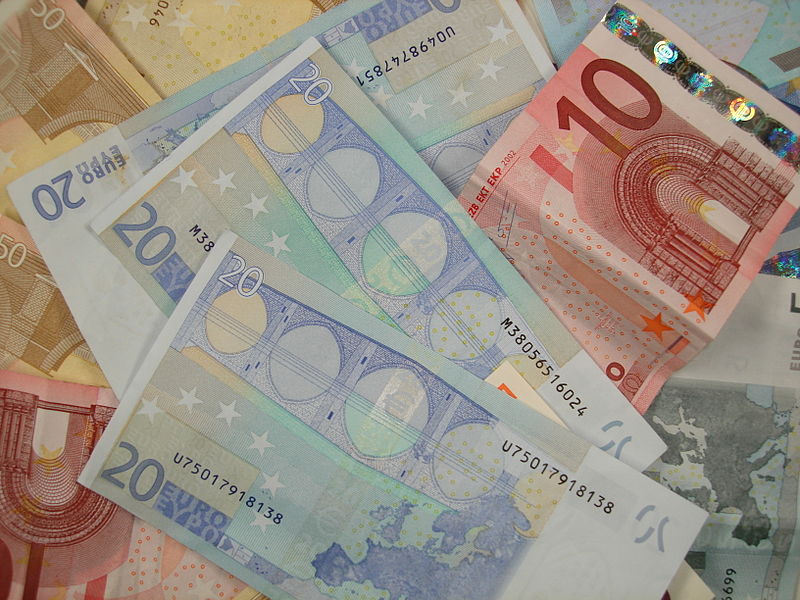
According to official data released on Wednesday, German inflation has eased this month, presenting benign readings similar to other euro zone countries.
These figures indicate that price growth may be declining faster than anticipated in the 20-nation currency bloc.
Preliminary data from the federal statistics office revealed that German consumer prices, harmonized for comparison with other European Union countries, increased by a lower-than-expected 6.3% year-on-year in May. Analysts had predicted a 6.8% annual increase for the harmonized reading. This marks the lowest inflation rate since March 2022.
One factor contributing to the easing of inflationary pressure is a newly introduced subsidized travel ticket, offering comprehensive coverage of local public transport for €49 ($54) per month. Additionally, the year-on-year comparison no longer includes the base effects from high energy and food prices in May 2022.
Preliminary national data suggests that euro zone inflation may have dropped more than anticipated in May, and even underlying prices may have slightly declined. These indications support arguments for cautious interest rate hikes by the European Central Bank (ECB) in the coming months.
ECB Vice President Luis de Guindos expressed optimism about the larger-than-expected decline, stating that it is positive news. Over the past year, the ECB has increased rates by a record 375 basis points, with another rate hike already scheduled for June. However, subsequent tightening remains uncertain.
While some policymakers, including influential heads of the German and Dutch central banks, have mentioned the possibility of a rate hike in July, few are willing to discuss policy beyond that point. They argue that inflation developments, particularly for core prices, will be crucial factors.
Core inflation, which excludes volatile food and fuel prices, has remained persistently high in recent months due to rapid wage growth in the services sector. Current trends suggest that a significant turnaround is unlikely until autumn. Photo by Lionel Allorge, Wikimedia commons.







































